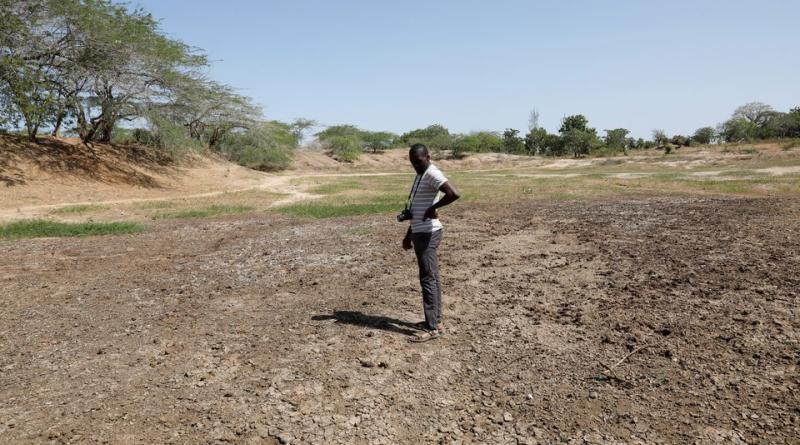Africa getting just 12% of financing needed to adapt to climate change -report

- 2020 finance flows $29.5 bn vs needed $250 bln
- Turns up pressure on rich countries ahead of COP27
- Hurdles include infrastructure, skills, data
LONDON, Aug 11 (Reuters) - Africa is getting just 12% of the finance it needs to manage the impact of climate change, a report on Thursday said, raising pressure on rich nations to do more in the run up to global climate talks in November.
Around $250 billion is needed annually to help African countries move to greener technologies and adapt to the effects of climate change, yet funding in 2020 was just $29.5 billion, according to a report by the Climate Policy Initiative.
Wealthy countries have faced growing criticism for failing to meet a pledge made in 2009 to provide $100 billion annually to help poorer countries and the issue is likely to be central to discussions at the COP27 climate talks in Egypt. read more
Africa has about a fifth of the world's population, but produces less than 3% of its carbon dioxide emissions, according to the International Energy Agency.
"Harnessing climate investment opportunities in Africa will require innovation in financing structures and strategic deployment of public capital to 'crowd-in' private investment at levels not yet seen," the CPI report said.
It cited a lack of skills, infrastructure, data and financial markets depth, governance issues and currency risks as holding back climate investment to varying degrees in African countries.
The barriers were most numerous in central African countries, where infrastructure and access to credit is lacking and there are high risks of political and regulatory issues hampering investment, the report said.
"While these barriers are real, the perception of risk linked to investments in the African continent is often aggravated by a limited understanding of national contexts by private investors," it said.
"(This) may end up steering their capital toward other markets – perceived as safer – hence missing potentially profitable investments opportunities."
Reporting by Rachel Savage; Editing by Simon Jessop and Mike Harrison



